20 Apr, 2025 | Admin | No Comments
I was found unconscious – 20 years on, I still don’t know what happened
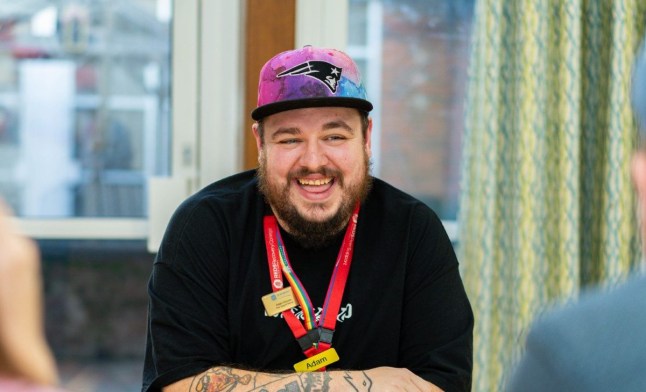

Staring at myself in the mirror, I could hardly believe what my eyes were seeing.
Half of my short, black head of hair had been shaved off and in its place was a large, stitched up wound that stretched right across my head.
Until that point it had felt like any other morning, but it was only now that I realised where I was: The John Radcliffe Hospital in Oxford.
As I slowly took in my surroundings I felt confused, shocked and scared. What had happened? Why was I here?
By the time I made it back to my bed, it was surrounded by people I didn’t recognise – it turns out they were members of my immediate family. And then I learned the truth…
Aged just 15 I suffered a major brain trauma and was in a coma for several days. And that would change my life, forever.
While I have no recollection of any injury, collapsing, or the subsequent treatment, over the years and with the help of different friends and family accounts, I have slowly been able to piece together what happened.
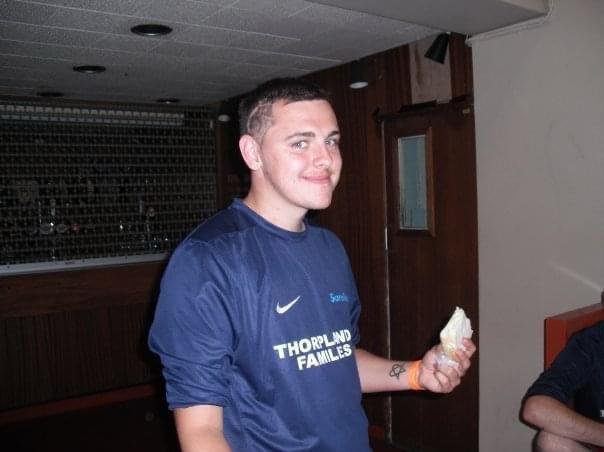
It all happened back in December 2005. I’d been out shopping with my mum and aunt when suddenly I collapsed out of nowhere.
At the time of my collapse, I was alone as I’d gone into a different shop to my family. As I’d been away for some time, they came to look for me and the first thing they saw as they came around the corner, were my legs on the floor.
No one knew what had happened in the moments before that because I had fallen, in what security called a ‘CCTV blind spot’. All they could do was call for help. My poor mum just sat there waiting with me for help to come.
From there, I was immediately taken to hospital, where I’m told a slew of tests showed I had multiple clots on the brain as well as a fractured skull. However, no one was able to determine whether I’d been born with the former, or whether I had sustained them from all the contact sports I did.
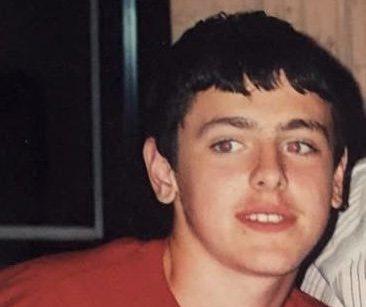
After all, up until then, I’d been your typical, healthy teenage boy. I even had a glittering football career ahead of me.
But now that I’d woken up from the coma, and discovered the scar on my scalp from where surgeons had removed the blood clots, my healthcare team advised that the best course of action was for me to stop playing football.
Since they’d been unable to determine what had caused my brain injury, they wanted to lessen the chance of me knocking my head – they were uncertain whether I would be as lucky to survive another injury.
So just like that, my hopes for a football career ended. I was devastated – football had been my life.
In the weeks and months that followed I was then forced not only to come to terms with that, but also that I’d been left with huge memory gaps. To this day, I can barely remember much of that year when the injury happened.
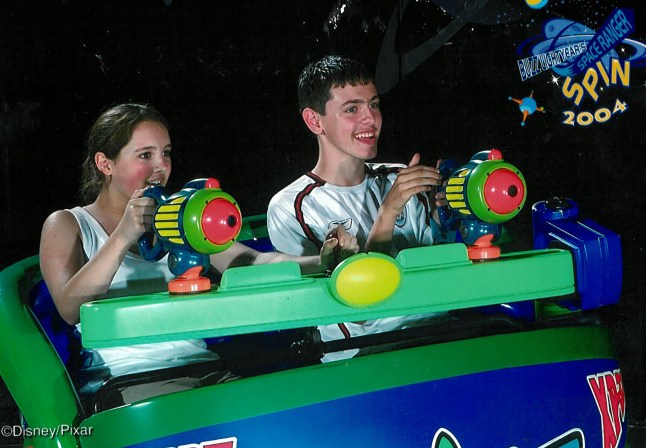
Need support?
For emotional support, you can call the Samaritans 24-hour helpline on 116 123, email jo@samaritans.org, visit a Samaritans branch in person or go to the Samaritans website.
Their HOPELINE247 is open every day of the year, 24 hours a day. You can call 0800 068 4141, text 88247 or email: pat@papyrus-uk.org.
I was left with self-loathing, depression and hopelessness.
Sadly, this eventually led to suicidal ideation. The side effects of the injury left me in daily pain and it was overwhelming. I started to think that things would be a lot easier if I was no longer around.
I struggled with feeling like this right up until 2018, when I finally sought mental health therapy at age 28 – I was at breaking point.
I had experienced a physical injury, but I hadn’t realised just how much the trauma of the incident and the aftermath had impacted my mental health. Not one healthcare professional had suggested I seek support and back then – society just wasn’t as open about mental illness as we are now.
With help from my therapist I came to realise that my life was not over, I just had to learn to accept the new version of it.
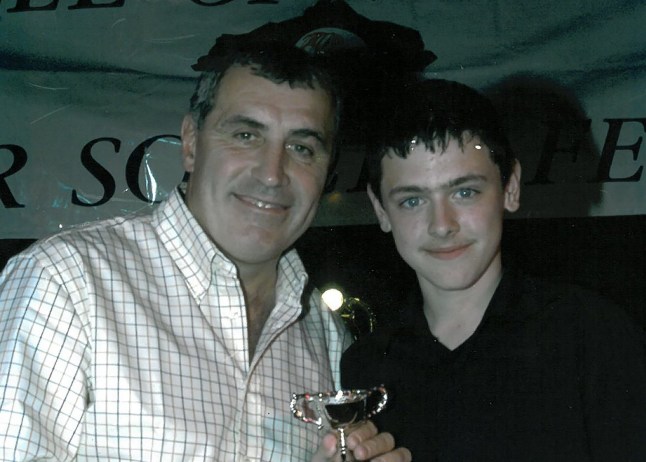
Slowly and surely, I got through it. The people in my life and my therapist reminded me that I had survived – I was still here and life is for living.
And sure, I might not be able to play anymore, but I could still immerse myself in the footballing world by watching or coaching.
Though I had started to feel happy again, I knew deep down I was still lacking purpose.
That’s when a friend suggested I apply for a job at the mental health charity St Andrew’s Healthcare.
The organisation is dedicated to inspiring hope for individuals with complex mental health needs and at that time it was looking for a peer support worker to work with patients who have experienced a serious brain injury.
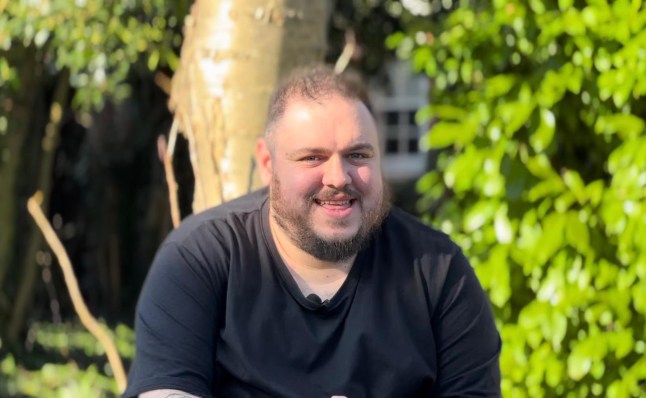
Having spent most of my adolescence and early adulthood recovering from my own brain injury, I questioned whether I could do this role. But after deciding I had nothing to lose, I eventually went for it and got the job.
The work I do is very rewarding. I spend two days a week visiting a ward with patients who have also experienced brain injuries.
It’s my job to support and coach them to achieve their full potential. We sit and chat about their concerns and worries and I try to be a beacon of hope to them.
I am proof that after a head and brain injury, it is possible to still have a life and crack on with the things you enjoy, with some alterations. The patients have told me that seeing me up and about, working, dating and enjoying life gives them hope for their future.
It was like this job was made for me. I feel like I’m making a real difference as I can truly relate; I wish there had been someone like me who I could have talked to.
One patient I was working with had very long hair, and he confided in me that he wanted to get it cut, but he was worried his scar would be too visible.
I told him that he should be proud of his scar as it represents how he beat something that could have killed him. I told him that I wear my scar with pride, and that filled him with the confidence to get his hair cut. It was lovely to see him take pride in his appearance and no longer worry about what other people thought.
The patients also inspire me. They are all fighters, doing what they need to do for a better future. It makes me want to do the same.
Now, I’ve learnt to accept the daily pain I experience and the headaches, which can vary in their level of severity. I still have regular scans and my medications continue to be an evolving process as my healthcare team tries out different prescriptions every few months to see which ones help the most.
My injury is stable and I’ve made peace with the fact that if it ever got worse, I know I’ve lived a life I’m fulfilled with.
I’m no longer ashamed of my scars. Instead they serve as a reminder that I survived, that I’m still here and able to live a happy, positive and meaningful life – with or without football.
Do you have a story you’d like to share? Get in touch by emailing jess.austin@metro.co.uk.
Share your views in the comments below.
Write Reviews
Leave a Comment
No Comments & Reviews